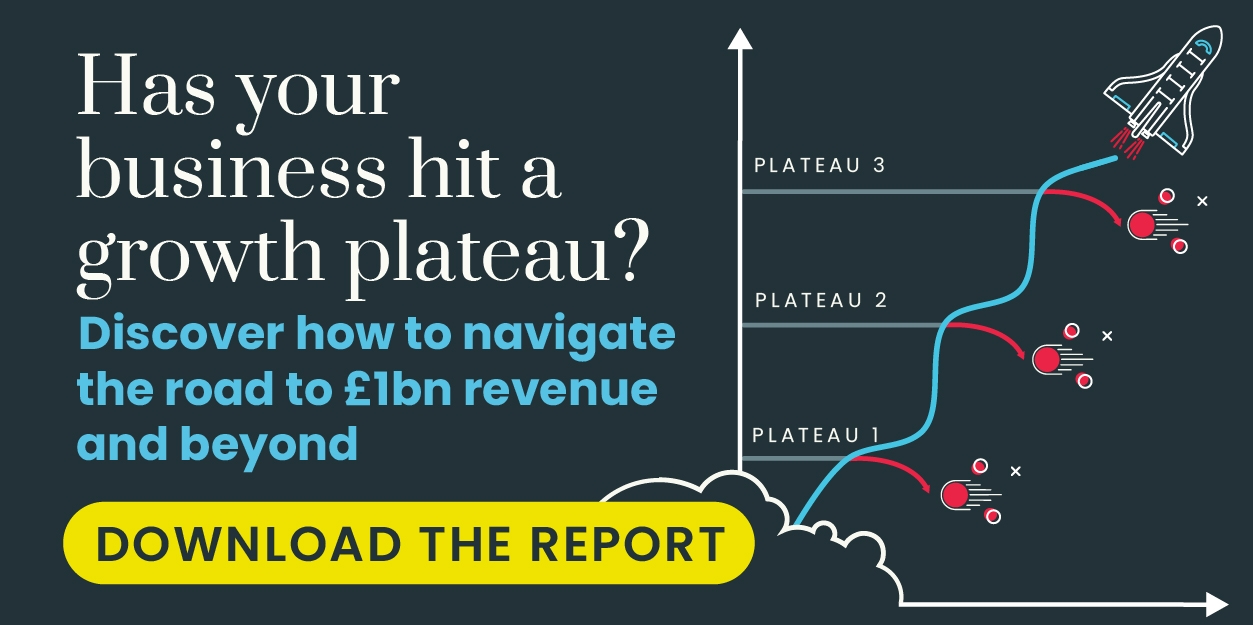Reshaping Value Creation: 3 Dilemmas for business success
There are different routes to value creation, but the goal is easier to set than achieve. Why is it that companies today are less likely to survive over the next five years, let alone thrive into the future? Understanding – and overcoming – these obstacles will help strengthen value creation in today’s complex cosmos.

Business leaders face a trio of silent barriers that risk blocking their progress to a sustainable future of long-term growth. Understanding – and overcoming – these obstacles will help strengthen value creation in today’s complex cosmos.
There are different routes to create value. Companies might take a forward-looking position, investing to grow. They might pivot in a new direction, responding to a fresh customer-centric opportunity. Or they may drive efficiencies, using technology to do more with what they already have.
But while value creation is the universal destination, the goal is easier to set than achieve. After all, the vast majority of companies fail to hit their targets for long-term growth. Why is it that companies today are less likely to survive over the next five years, let alone thrive into the future?
Swimming against the tide
Our Beyond the Horizon research sets out the three dilemmas that companies must overcome in the 21st Century to maximise their business success, no matter their definition of value creation. Each is a silent barrier to value creation, and each is a central part of understanding why sustainable growth is so rare, regardless of industry.
> READ THE RESEARCH: How to navigate your growth challenges on the road to £1bn
Dilemma 1: We are surrounded by exponential patterns of growth, but we think in a linear way.
Human instinct dictates that change follows a linear pattern. And it’s just plain wrong. By walking 30 steps of one meter in length, for example, we will travel 30 meters. Any Fitbit will tell you that. In an exponential world, however, where your steps double in length one after the other, you would reach 30m after just six steps. By your 30th step, you would have travelled a billion meters – comparable to 26 laps around the earth. Fitbit malfunction.
This misplaced intuition helps explain why humans struggled to get our collective heads round the spread of COVID-19 – and why the effects of climate change continue to mount. Global actions and initiatives to address the threat do not yet acknowledge the exponentiality of the problem.
There are two rules that business leaders need to take on board:
- Exponential change is mathematically inevitable in an interconnected world.
- Exponential change will continue to amaze our linear human instincts.
Without careful attention, increasing change will continue to surprise us and catch us out. Doing things the good old way is asking for trouble as the pace of change accelerates. Instead, those who can look to tomorrow and respond quickly to their customer needs will have the ingredients for long-term value creation.
Dilemma 2: Long-term behaviours drive greater value creation, but the system demands a short-term focus.
We know that companies that manage with a long-term orientation outperform their short-term-focused counterparts. In essence, the companies who respond to accelerating change by defining clear visions beyond today’s core business, fare better.
So why isn’t everyone doing it? Because many of today’s companies are set up to (eventually) fail. An unhealthy preoccupation with the short term makes business managers slaves to their quarterly figures, at the expense of longer-term opportunities. Stock buybacks deliver immediate returns to shareholders, when they could be reinvested in future value creation.
There is also a pervasive fear of the unknown. Short-term deliverables are easier to defend than ‘big bets’ that – while proven to safeguard businesses in the long term – feel too risky today.
This heads-down approach can result in a vicious cycle of short-termism. Lack of investment in growth leads to cost cutting or incremental revenue gains to secure profit for shareholders. But reliance on the current model backfires when the market shifts, whether through a new competitor or regulation change.
Profitability now falls, as does cash flow and the confidence to (belatedly) invest in new lines of value creation. And so the cycle repeats until… it becomes clear that not investing in future growth was the riskier move all along.
Yet, for every negative, there’s a positive opposite. Those companies that can focus on creating value for tomorrow, rather than simply extracting value today, can seize a value premium for going long. As the exception, the wins are greater.
Dilemma 3: We are moving towards ‘multi-stakeholder capitalism’, but don’t yet have the ability to deliver multistakeholder value.
Do businesses exist to service the financial needs of their shareholders? Or do they have a wider remit that treats all their stakeholders, including customers, employees, suppliers and communities, with the same devotion? Which is better for business in today’s world?
These questions have been hotly debated over the last decade, with notable business leaders speaking out in favour of multistakeholder capitalism over shareholder primacy. There are vocal critics of taking an ESG (environment, social, governance) stance – especially in the US. However, the direction of travel appears to favour companies that see issues such as climate change and equality as their responsibility, especially in response to the expectations of their younger employees.
Two factors are driving the shift:
- Technology is pulling down the walls of the ivory tower, making information transparent to consumers, employees and society.
- Global gigatrends, such as climate change and gender equality, are growing in intensity, with business leaders viewed as the most likely actors to get change done (over and above governments).
As these two factors increase in significance, they are manifesting in a number of (exponential) trends, each creating greater financial incentives for a multi-stakeholder approach. We see this in the two-thirds of millennials who want a career with social impact and the rapid growth of the ethical food and drink market.
And here’s the dilemma for companies. The vast majority – and especially those with a longer track record – are hard wired for shareholder capitalism. It’s how they’ve always worked. Now, they need to unravel and unlearn to create value for customers, employees, suppliers, communities as a means of business success.
Most businesses have started their journey towards multi-stakeholder value creation. Yet, only a few are taking a true leadership approach by making stakeholder capitalism their core commitment. And those that have are still developing the tools to achieve this, whether rebuilding their supply chain, engaging their employees, or tracking their broader impact on society.
Businesses can’t ignore these dilemmas
This is a world of accelerating change, where intense short-term pressure risks puncturing long-term business success, and where better-informed stakeholders are demanding attention. These three intersecting quandaries are reshaping what underpins long-term success. The age-old factors will still be important – leadership, strategy, execution, commitment – but they will need to be deployed differently.
What’s the code for unlocking longer-term value creation?
> READ THIS ARTICLE: Discover the four critical behaviours that business leaders should adopt to break through the dilemmas and achieve sustainable growth.


